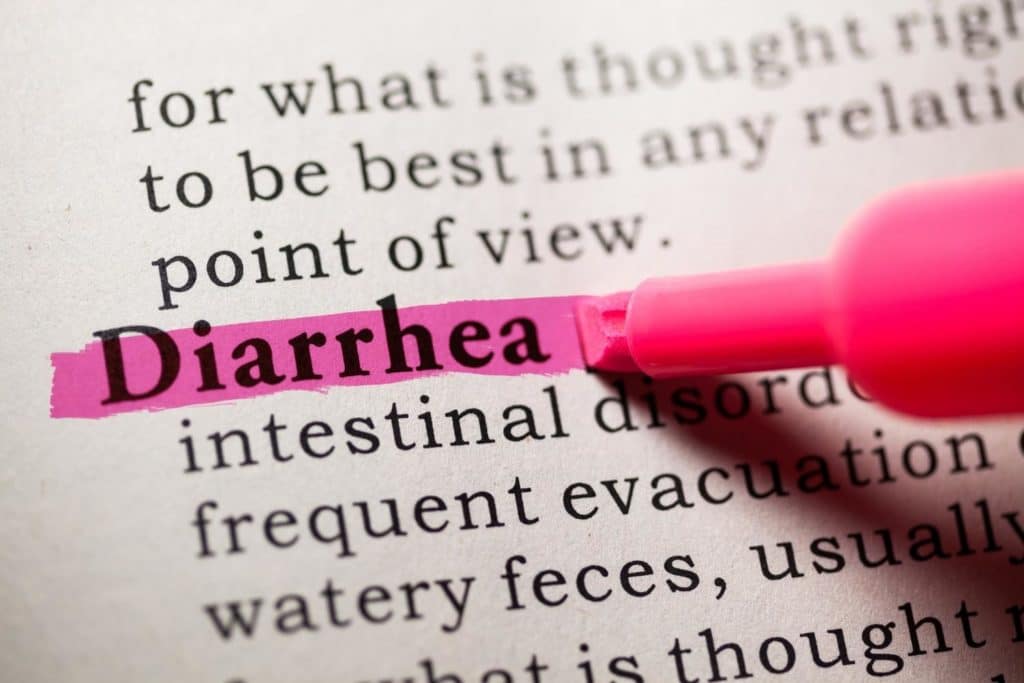
If you change your cat’s food so suddenly that it might lead to diarrhea, you may wonder how long it will last? But first, understand diarrhea!
Diarrhea can range from moist shapes to watery liquid, and it is a symptom of many different diseases. There are several types of diarrhea, each with its own set of symptoms. Acute diarrhea is short-term (lasting less than two weeks) and mild; acute isn’t very severe in the grand scheme of things.
Diarrhea is a common side effect of changing foods, and it can last anywhere from one to four days. However, it should clear up within a few days & there are several things you can do to help your cat through this transition and minimize the duration of diarrhea.
- Provide comfortable space for rest
- Keep the cat hydrated
- Offer Rice Water
- Choose Bland Diest Options
- Probiotics Fiber Can Help
- Promote Healing
Consult your veterinarian if you don’t see any improvement in your cat or if she has additional symptoms. It can be challenging to change foods, so proceed slowly and carefully to avoid any issues.
Continue to feed the old and new foods while mixing both for another few days before completely changing to the new food. So, first, add a few grains of the new food to the old diet. Then gradually reduce the amount of old stuff and add more new until there is just new in the bowl.
You might also like to read about the best food for cat hair loss which contains reviews and buyer guide to make informed decisions.
How can I Tell if My Cat Has Diarrhea After Changing Food?
- Even a well-trained cat starts having accidents
- Using litter box but still covering feces outdoor
- Staining and soiling of the fur around the back end in longhaired breeds
- Variation in the consistency of stool
- Frequent liquid and semi-liquid stools for more than two days
- Cat becoming lethargic or weak
- Cat stop eating food
- Stomach pain and swollen abdomen
If diarrhea becomes worse, do not waste time and let the vet examine your cat so she can be saved.
Effects Of Switching Food
Switching Kitty’s old food for a new one might cause stomach issues. Vomiting and diarrhea are frequent symptoms of a sudden dietary transition. Another consequence of a fast diet change is that the cat will refuse to eat.
To avoid complications, you should alter Kitty’s diet gradually when necessary.
Take Your Time
When switching foods, do it gradually. Don’t just empty his old food bowl and fill it with the new. It’s preferable to mix both the new and old foods before gradually increasing the proportion of new to old over five to seven days.
Keep an eye on your cat for diarrhea or vomiting, which are indicators of stomach upset.
Selecting Right Food Is The key
Choosing the best food for your cat can also make things easier. Food made with simple-to-digest ingredients is suited to sensitive tummies. Turkey or chicken are good choices because they are more easily digested and less likely to cause stomach upset.
Other components include rice, oat, wheat, and egg protein, all of which aid in digestion and minimize gastrointestinal reactions. Avoid low-cost pet food brands since they may contain elements that your cat can’t break down. Instead, inquire with your veterinarian about any particular diets he recommends.
When is It Necessary to See the Vet?
If you carefully selected food for sensitive stomachs and gradually offered it to cat, but he still has diarrhea problems, something other than changing meals is the issue.
Food allergies, worms, pollutants, and stress can cause a kitty’s diarrhea to be bloody, thickened, or last for more than 48 hours. Then indeed, it’s time to visit the vet so diarrhea can be cured.
Are Probiotics and Fiber Helpful in Cat’s Diarrhea?
Probiotics and fiber help in improving Kitty’s gastrointestinal system. Probiotics are good bacteria that aid in digestion and boost the immune system. They’re sometimes found in pumpkin, yogurt, or other dairy products, but you can also buy them as supplements to be added to your cat’s food.
Fiber is a carbohydrate that supports digestive health by absorbing fluid in the intestines. Fiber-rich foods include rice, oats, barley, and vegetables. Some veterinarians recommend adding fiber to your pouch if he has diarrhea.
We recommend you to please visit how long will cat have diarrhea after changing food? This resource is created for cat parents education.
Finally – When should you change your cat’s diet?
Your veterinarian may recommend a shift in your cat’s diet due to certain health issues – and they should suggest the best brand or type. In addition, cats require various nutrients at different ages, so keep this in mind when your kitten becomes an adult cat.
Similarly, as your cat gets older, their eating habits will naturally change. Finally, cats may have food allergies that necessitate dietary changes. Before making any adjustments, always get expert advice on what type of food would be best for your cat from a veterinarian.
